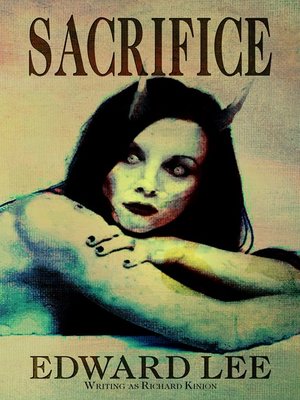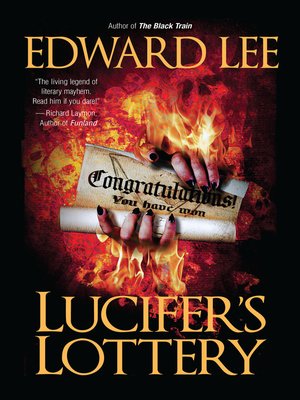
Although there were some disappointments and, shall we say, interesting failures along the way ( Legend of the Werewolf, Trog, Dracula Has Risen From the Grave, Son of Dracula, Vampire Happening), Francis staked his claim as an important figure in the British horror canon.

Terror’s House of Horrors (1965), Torture Garden (1967), Tales from the Crypt (1972), Asylum (1972), and Tales That witness Madness (1973). The model for this form, and arguably still best, was Dead of Night (1956), but Francis made some of the best films of this type: Dr. Francis was also one of the genuine auteurs of the popular omnibus horror film form, which featured several stories held together by a wrap-around framing device. Over that next decade-and-a-half Francis established himself as a formidable presence on the International horror scene, always doing a serviceable job, and at times rising well above the mark, as with Paranoiac (1963), Nightmare (1964), The Evil of Frankenstein (1964), and The Skull (1966). After The Innocents he teamed up one more time with Karl Reisz for Night Must Fall (1964), an interesting study of a psychotic killer played by Albert Finney, before taking a 16 year hiatus from cinematography to direct. Francis’ wistful cinematography, from the baroque lighting to the precise framing, played a large role in creating the film’s brilliantly gothic atmosphere. In more precise terms, placing the decision of whether or not the story’s ghosts are real or imagined by the central character –a sexually repressed governess played by Deborah Kerr– in the mind of the viewer. The adaptation of Henry James’ Turn of the Screw remains one of the most effective horror films to place ambiguity above resolution.


Francis then reached his pinnacle with Jack Clayton’s The Innocents (1961), one of the most ravishing black and white, cinemascope films ever made. Francis began his career way back in 1943 as a camera operator on The New Lot before graduating to cinematographer, where he quickly rose to the top of his field working on Sons and Lovers (Jack Cardiff, 1960) and Saturday Night and Sunday Morning (Karl Reisz, 1960, the former being awarded with an Academy Award).

The recent death of Freddie Francis (on March 17, 2007) at the age of 89 signaled the loss of one of Britain’s premier cinematic artisans and one of the last remaining icons of the great Hammer Films studio. By Donato Totaro Volume 11, Issue 4 / April 2007 23 minutes (5579 words)


 0 kommentar(er)
0 kommentar(er)
